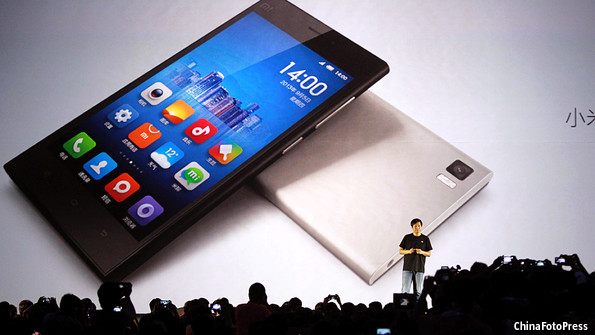 A CEO is someone associated with being the pillar and foundation that oversees a company and its operations. However, in situations where companies require to take drastic action to do what is in the best interest of the corporation, CEOs may leave their positions and receive payouts. In the case with Nokia, a pioneer in the wireless industry, it was recently discovered that their ex-CEO, Stephen Elop, would gain US$25.5 million upon the buyout of Nokia to tech giant, Microsoft.
A CEO is someone associated with being the pillar and foundation that oversees a company and its operations. However, in situations where companies require to take drastic action to do what is in the best interest of the corporation, CEOs may leave their positions and receive payouts. In the case with Nokia, a pioneer in the wireless industry, it was recently discovered that their ex-CEO, Stephen Elop, would gain US$25.5 million upon the buyout of Nokia to tech giant, Microsoft.
Many question whether such an outrageous payout is justified. Before becoming Nokia’s CEO, Elop was the chief of Microsoft’s business division. Furthermore, he is to return to Microsoft as an executive who will manage the fusion of Nokia technology into Microsoft products.
Although CEOs deserve huge forms of monetary compensation since they do play critical roles in organizations, it is difficult to place a value on their contributions, especially if complicated business connections are involved. To prevent criticism, ex-CEOs should reduce their payouts voluntarily or governments should place taxes on such payouts. Ultimately, business and leadership is more than what is deposited into an account– it is the impact and the foresight that drives a corporation into a new direction.
Source:
- http://www.cbc.ca/news/business/stephen-elop-to-get-25-5m-for-selling-nokia-to-microsoft-1.1867972
- http://icdn5.digitaltrends.com/image/nokia-microsoft-acquisition-1253×776.jpg


